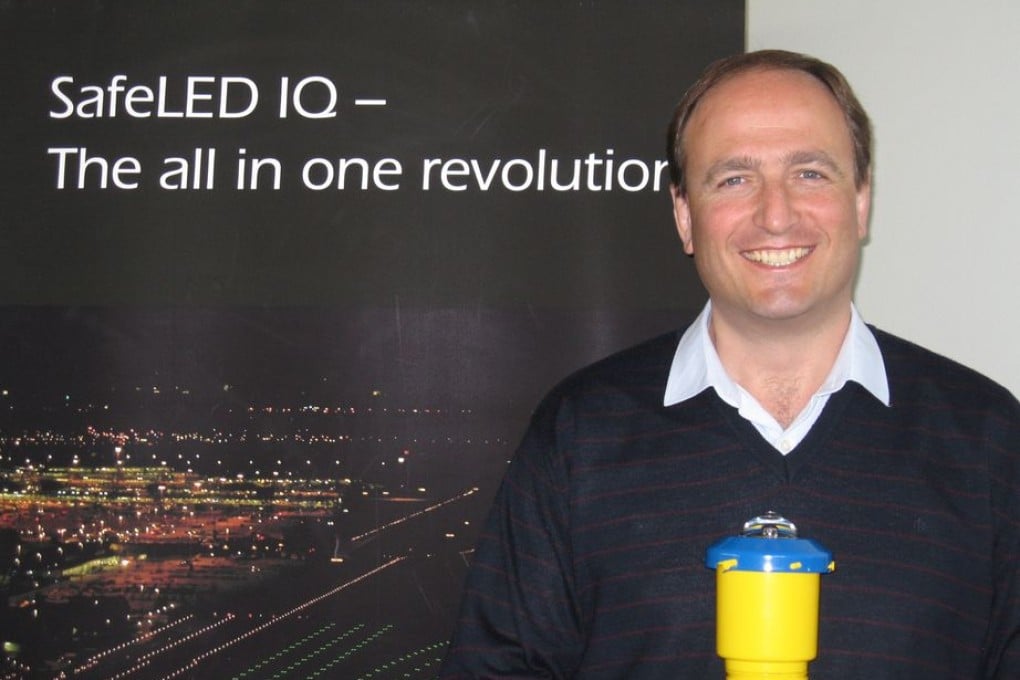Safegate docking guidance systems ease airport congestion
Capacity expansion is increasingly becoming a challenge in Asia, where surging trade and tourism have led to airport congestion. Airport authorities are turning to the Safegate Group for technological solutions that minimise the ground time of aircraft, allowing them to serve more travellers and decrease operational costs.

Capacity expansion is increasingly becoming a challenge in Asia, where surging trade and tourism have led to airport congestion. Airport authorities are turning to the Safegate Group for technological solutions that minimise the ground time of aircraft, allowing them to serve more travellers and decrease operational costs.
"More and more are looking to extend their existing infrastructure through our automated systems," says Stephen Rutland, general manager of Safegate International and Safegate Group deputy managing director.
"We help them increase aircraft movement every hour at their airfield without having to build new gates, taxiways or a runway. That adds up to thousands of passengers every day and quite a lot of customer revenue over a year."
Safegate holds about 80 per cent of the global market for aircraft docking guidance systems, a laser-based automatic system that ensures safe parking of aircraft around designated airport gates.
With airport lighting control and monitoring systems and control tower software solutions in its core offering, Safegate provides total solutions for next-generation airport traffic management.
As a long-term technological partner, it enables aviation industry players to gradually implement full automation based on the Advanced Surface Movement Guidance and Control System, the upcoming international standard for air navigation safety.
Safegate has worked at all major hubs in Asia including Beijing, Shanghai, Guangzhou, Hong Kong, Macau, Bangkok and the leading airport in Southeast Asia. With an established technical service centre in Beijing, Safegate has also helped modernise smaller airports in Hefei, Hangzhou, Fuzhou and Xiamen, and aims to serve the top 50 airports on the mainland.
The company is expanding in Southeast Asia, where it has offices in Malaysia and Indonesia. It welcomes partnerships with local industry players to extend its service and distribution reach in the region.
"Our priority is to expand our local network to ensure our global 24-hour support in Asia," Rutland says.
http://www.safegate.com